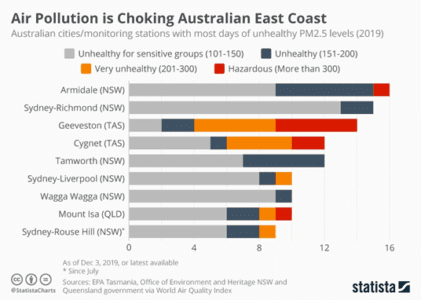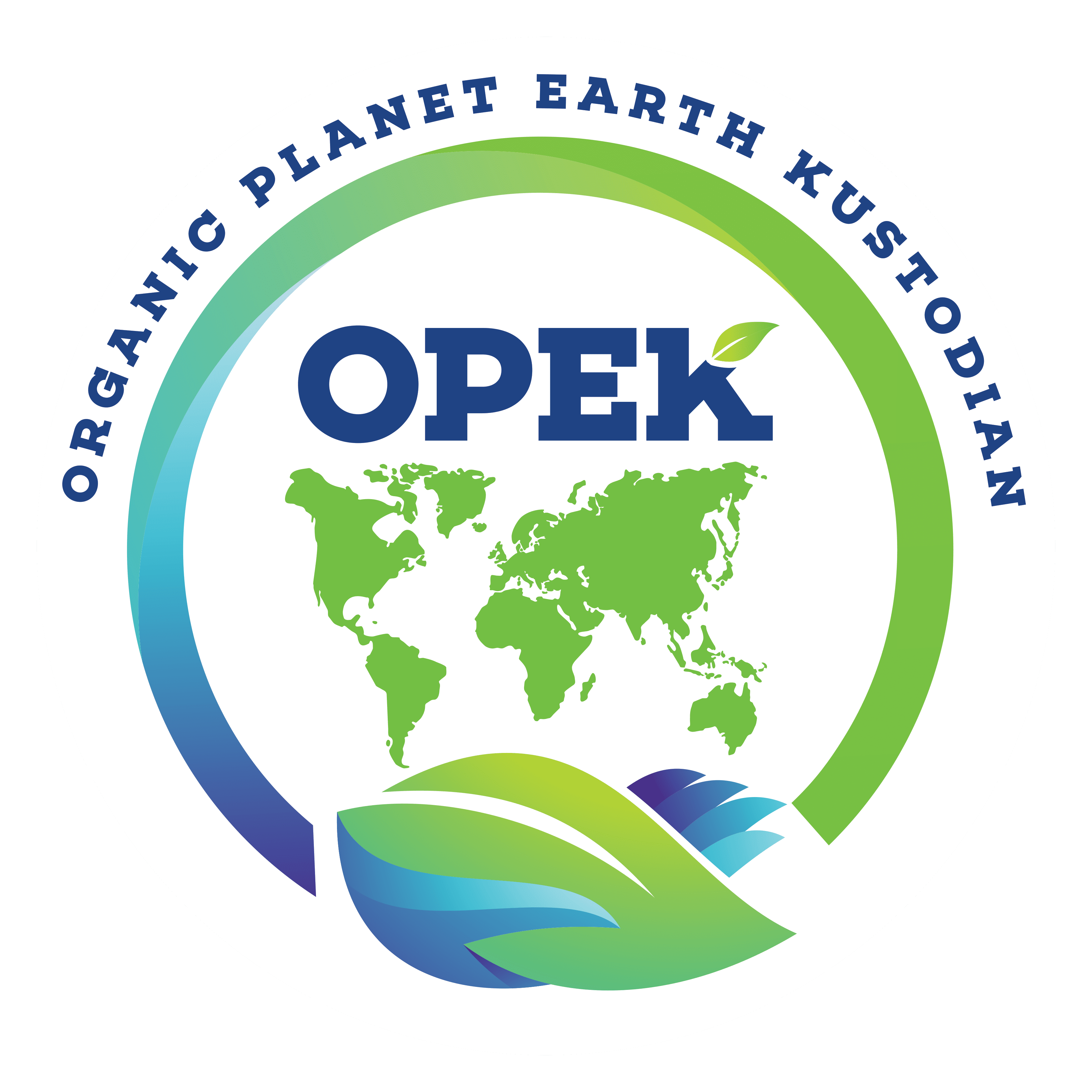New evidence prompts WHO’s cut to recommended pollution limits
The World Health Organization has cut its recommended limits for air pollution and urged nations to tackle dirty air and save millions of lives.
The stringent new limits reflect the large body of evidence produced in recent years of the deadly harm caused to people by much lower levels of pollution than previously thought. Air pollution kills at least 7 million people a year, the WHO said, while a recent study estimated 8.7 million early deaths a year from coal, oil and gas burning – 20% of all deaths.
Almost 5000 Australians die from exposure to air pollution each year. Thousands of others suffer health effects like stroke, heart disease and asthma.
Australia’s current air pollution standards are not strong enough to protect human health. National air pollution limits currently exceed the World Health Organisation’s recommended thresholds and by international comparison, lag significantly. Much stricter standards have been adopted in most other countries, including the US, EU, and China.
Coal-fired power stations are a big contributor to air pollution in Australia and the biggest sources of nitrogen oxides (NOx) and sulphur dioxide (SO2) in the country.
We know that at least 279 people die prematurely each year in NSW as a result of toxic air pollution from the state’s five coal-fired power stations. The health impacts also include 233 babies born with reduced birth weight, 361 people developing type 2 diabetes and 2,614 years of life lost each year due to uncontrolled air pollution from NSW power stations. The research has not yet been done – but the national number is likely to be extremely concerning.
Communities are also at risk from coal ash – the toxic by-product of coal-fired power, which is dumped into huge wastewater ponds that can leach and contaminate local land and waterways.
Our laws fail to address problems in pollution hotspots – like the Latrobe Valley, the Hunter Valley and the NSW Central Coast – where coal mines and coal-fired power stations, often exceed the limits for pollution. Australia needs stronger laws and regulations on pollution from coal-fired power to protect our health.
Here at SCE/OPEK, we aim to make sure polluters reduce and control their toxic pollution as much as possible. We work with community groups, experts and advocates to achieve laws and regulation that reduce pollution levels and safeguard clean air, water and land.


References:
https://www.envirojustice.org.au/our-work/community/air-pollution/


 by
by